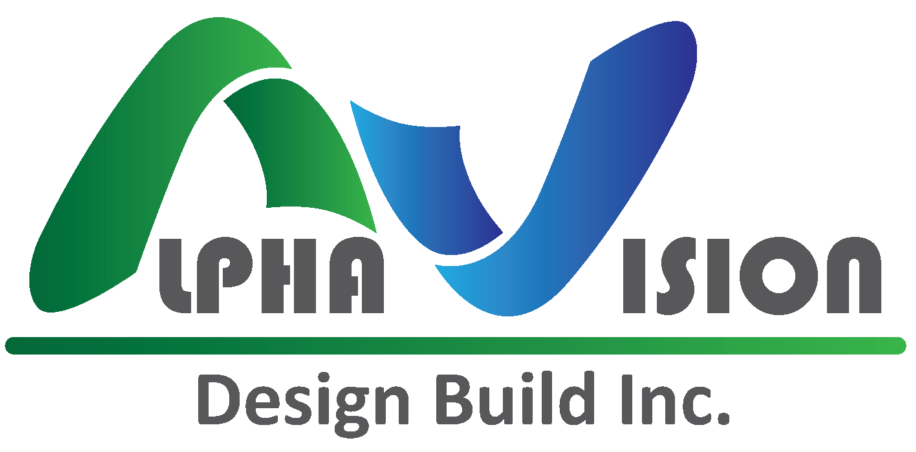
Urban runoff from municipal storm drain systems is a major cause of water quality issues in urban areas. This runoff often carries pollutants like trash, debris, bacteria, viruses, oil, grease, sediments, nutrients, metals, and toxic chemicals. These contaminants can severely impact oceans, rivers, plant and animal life, and public health.
Low Impact Development (LID) for Stormwater Management
Low Impact Development (LID) is an effective stormwater management strategy designed to mitigate the impacts of urban runoff and stormwater pollution. By addressing these issues close to their source, LID employs various site design approaches and Best Management Practices (BMPs). These methods use natural systems for stormwater infiltration, evapotranspiration, and reuse.
LID practices are proven to remove harmful pollutants such as nutrients, bacteria, and metals from stormwater, while also reducing the overall volume and intensity of stormwater flows. In urban development and redevelopment projects, LID techniques can be implemented onsite to mimic the site’s natural, predevelopment drainage characteristics.
Effective LID Techniques
Infiltration techniques are crucial in LID to minimize the surface area that produces excessive runoff and to promote water infiltration into the ground. When infiltration isn’t feasible, alternative methods such as bioretention, rain gardens, vegetated rooftops, and rain barrels can be utilized. These methods are designed to store, evaporate, detain, and treat runoff, effectively managing stormwater and reducing pollution.
Benefits of LID
Implementing Low Impact Development strategies in urban areas not only helps in stormwater management but also improves water quality, supports healthy ecosystems, and protects public health. By incorporating LID into urban planning and development, cities can create sustainable environments that handle stormwater efficiently.
For more information on Low Impact Development and how it can benefit urban areas, visit our blog regularly and stay updated on the latest stormwater management strategies.

